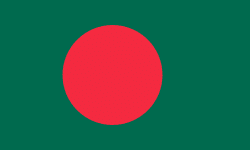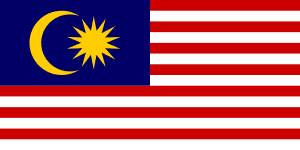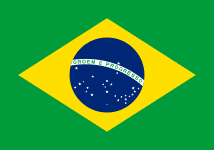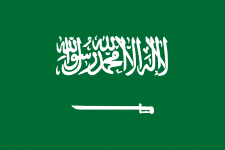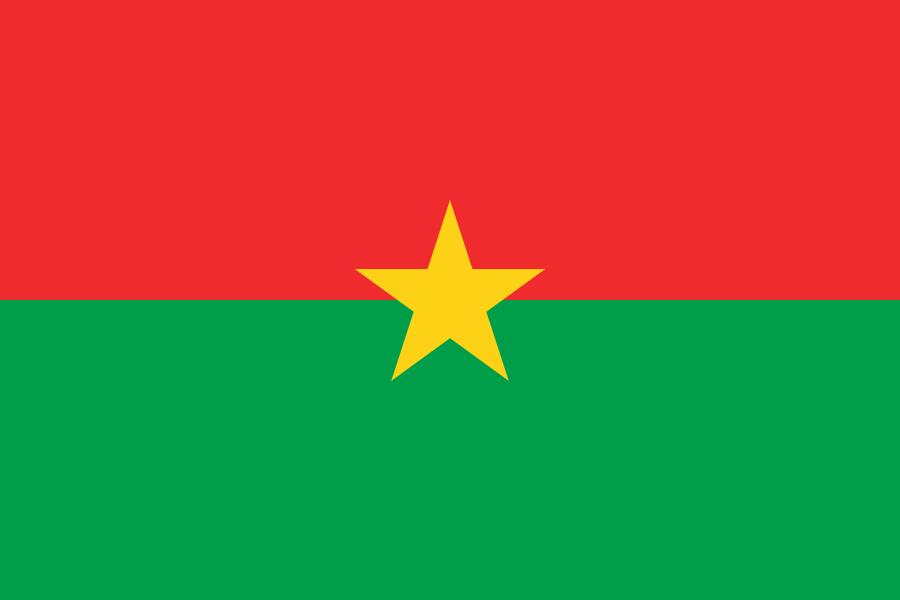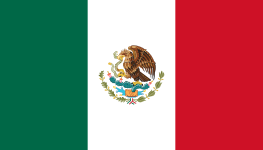- Industry
- Region
- Country / Region
Following the FCC's May 27, 2025, Report and Order No. 25-27 on "Promoting the Integrity and Security of Telecommunications Certification Bodies, Measurement Facilities, and the Equipment Authorization Program" and further proposed rules on its website, the Report and Order section of the FCC 25-27 was officially published on the Federal Register website as a regulation on August 7, 2025, and the main part of the regulation will take effect on September 8, 2025. The content of the regulations is largely consistent with FCC 25-27, but the requirements for laboratory certifying as a non-prohibited entity have been postponed indefinitely. The postponement is mainly due to the need for the approval of the U.S. Office of Management and Budget, which typically has an approval cycle of about 5 months, and the approval process has not yet been initiated.
Click on this link to view the original published regulations with FR IDs 305703.
On August 6, 2025, the Nigerian Communications Commission (NCC) published regulatory guidance on the use of the lower portion of the 6GHz band (5925-6425MHz) for license-free applications in Nigeria. The guidelines define products in two power levels:
- LPI category of 23dBm for indoor environment only;
- VLP category of 14dBm for indoor or outdoor environments.
Click this link to view the original guide.
On August 4, 2025, the Bangladesh Telecommunications Regulatory Commission (BTRC) revoked its previous decision to suspend the ban on the import, production, and sale of single-band Wi-Fi routers. A single-band router refers to a Wi-Fi router that operates on only one frequency band, typically 2.4 GHz.
The ban, originally issued in November 2024, stipulates that all ISM band Wi-Fi routers sold in Bangladesh should support both the 2.4 GHz and 5.8 GHz bands. In May 2025, the BTRC announced a pause in the decision to provide a transition period for industry stakeholders. The announcement to reinstate the ban on single-band routers also requires that routers must mandate support for IPv6 technology.
Click this link to view the original BTRC related notice.
Malaysia: MCMC presented the regulatory framework for communication equipment and recent regulations
At the 71st meeting of the APEC Telecommunications Working Group (APEC TEL) Conformity Assessment and Interoperability Steering Group (CISG) on 1 August 2025, the Malaysian Communications and Multimedia Commission (MCMC) introduced the New Communications Equipment Framework (NCEF) to drive competitiveness in the communications and multimedia industry through a flexible and proactive approval process, with important changes to the way telecommunications product registration and approval are determined based on risk level. The Standards Regulations for Communications and Multimedia Technologies 2000 (TSR 2000) will also be amended to accommodate the NCEF.
The MCMC also summarized the new and revised technical regulations as of 2025, including C-V2X system architecture and specifications, network security-related specifications, IPv6, VoLTE, base station radiation measurement evaluation, land mobile stations, etc.
On August 1, 2025, Brazil's National Telecommunications Authority (ANATEL) issued Resolution 780, providing important clarifications on the Brazilian telecommunications product certification process. This resolution is in addition to Resolution 715 of ANATEL's primary certification regulations. The resolution clarifies topics such as market obligations and responsibilities, general rules for the use of ANATEL labels, and the use of the Consumer Protection Act. The resolution also affirms that data centers that are part of the telecommunications network must be approved by ANATEL.
Click this link to view the original ANATEL Resolution 780.
On July 23, 2025, the Saudi Arabian Organization for Standards, Metrology and Quality (SASO) published a circular on the WTO TBT platform numbered G/TBT/N/SAU/1166/Corr.1/Add.1 on the revision of the RoHS regulation. The revised regulations now require compliance with limits for 10 hazardous substances. Additionally, regulations set out procedural obligations for manufacturers, importers, and distributors, including providing safety instructions in Arabic, well-established product labeling, and comprehensive technical documentation. In addition to aligning with EU RoHS in terms of substance restrictions and conformity assessments, Saudi regulations also impose stricter administrative requirements, including technical documentation and declarations of conformity that are kept for at least ten years. The regulations will be enforced one year after the date of publication in the Official Gazette.
Click this link to view the original WTO TBT circular.
On July 23, 2025, KOMDIGI launched a public consultation on the New Technical Standard (RKM) for land mobile radio communication equipment. The main contents of the RKM are as follows:
- Electromagnetic compatibility (EMC) requirements are updated to comply with the international standard CISPR 32 or ETSI EN 301 489;
- Electrical safety requirements updates follow IEC 60950-1 or IEC 62368-1;
- Land mobile radio equipment is divided into three categories: conventional radio equipment, trunking radio equipment and special mobile radio equipment;
- Conventional radio equipment and trunking radio equipment are divided into four categories: handheld, mobile, base station/repeater, and radio modem; The
- limits on the operating frequency of devices have been adjusted from the previous broad range (e.g., the previously allowed operating frequency of UHF equipment was 300 - 3000 MHz) to the adjustment based on the allocation of the Indonesian Frequency Allocation Table (TASFRI) and the popularity of the equipment produced by the supplier (e.g., in this RKM, only UHF devices are allowed to operate at frequencies of 300 - 470 MHz, not devices of 450 - 512 MHz);
- Test parameters are limited to those that can avoid harmful interference, including operating frequency, channel spacing, conducted output power, stray emissions, and frequency error/frequency stability. Other test parameters, including temperature, impedance, and modulation, are omitted;
- Test methods that comply with international standards have been added.
Click this link to view the original public consultation, which is open for comment until August 3, 2025.
On July 17, 2025, the Burkina Faso Electronic Communications and Postal Regulatory Authority (ARCEP) issued Decree No. 2025-365 /PRES/PM/MTDPCE/MEF, approving a new national spectrum allocation plan. The main points are as follows:
- The 5925–6425 MHz band is allocated for WAS/RLAN, or Wi-Fi 6E.
- The 6425–7125 MHz band is allocated for IMT (International Mobile Communications) use.
- The 6000–9000 MHz band is allocated for ultra-wideband (UWB) use.
The Decree officially repealed Decree No. 2013-452/PRES/PM/MDENP issued in 2013 on the allocation of spectrum in the state.
Click on this link to view the original text of ARCEP No. 2025-365/PRES/PM/MTDPCE/MEF.
On July 16, 2025, the Federal Communications Commission (FCC) issued a further proposed rule titled 302403 for Docket No. 24-136 on the Federal Register website, titled "Promoting the Integrity and Security of Telecommunications Certification Bodies, Measurement Facilities, and Equipment Authorization Programs." The proposed rules include a ban on authorization of laboratories, TCBs, and accreditation bodies located in foreign adversarial countries, while the discussion section of the document includes restrictions on SDoC testing in FCC-authorized laboratories and TCBs should conduct market surveillance of each other.
Click on this link to view the original text of the further proposed rule, which is open for comment until August 15, 2025.
On July 16, 2025, the Mexican government promulgated the new Telecommunications and Broadcasting Law on its official bulletin website, which has entered into force on July 17, 2025. The regulation officially dissolves the Federal Telecommunications Authority (IFT), but the IFT will remain responsible for regulation during the transition period until the new Telecommunications Regulatory Commission (CRT) is formally established. The law provides for an immediate five-day suspension of all IFT approval applications during the CRT's inception, as well as fifteen days for other regulatory procedures. While ongoing applications will be transferred to the new CRT, and existing regulations remain in effect, new certifications for manufacturers will be temporarily suspended.
Click on this link to view the original version of Mexico's new Telecommunications and Broadcasting Law.

